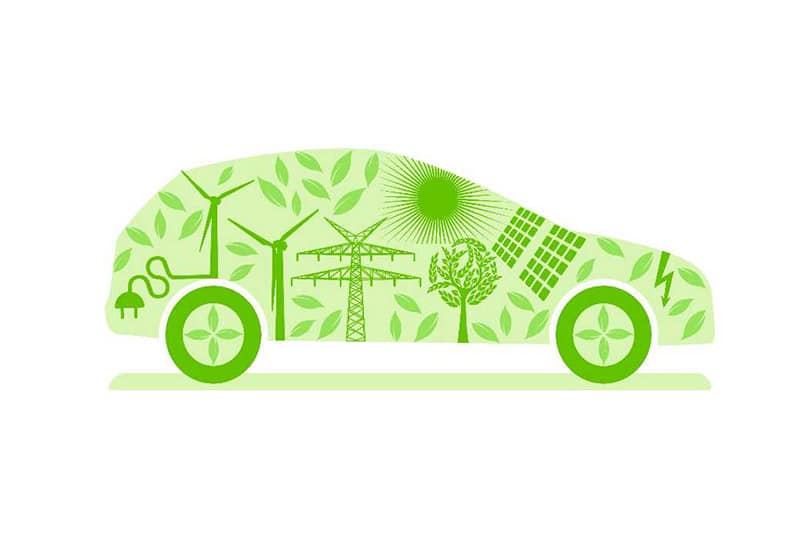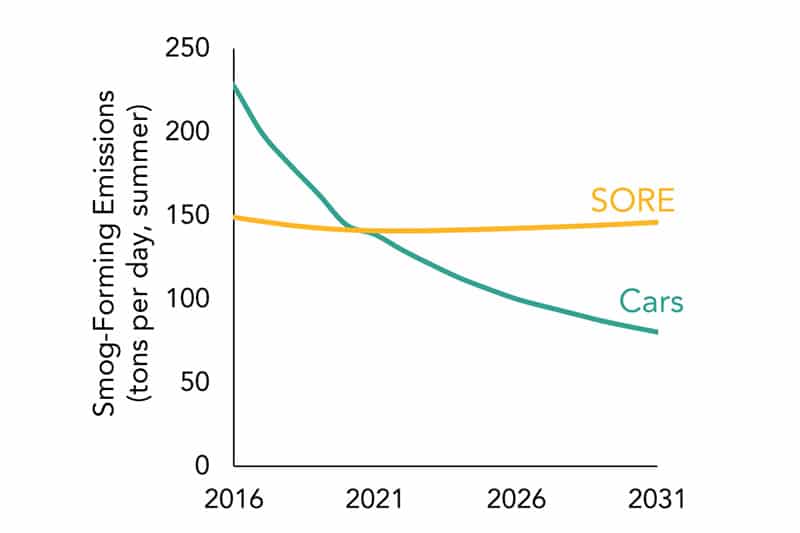Toyota is a leading proponent of hydrogen fuels and hydrogen vehicle technology. They’re also the maker of the Mirai hydrogen-powered sedan. It’s easy to see why the Japanese company has major interest in the growth of a hydrogen refueling infrastructure.
They’re so committed to hydrogen, that they’ve just announced a major investment that will further cement their power in this arena: a hydrogen and electric power plant in Southern California that will be powered by bio-waste. The full story can be found at Green Car Reports, but here are the bullets:
- On November 30th, Toyota announced plans to build a renewable energy and hydrogen generation plant at California’s Port of Long Beach
- The plant will use bio-waste from California’s huge agricultural industry to produce water, electricity, and hydrogen fuel
- It will be the first site of its kind to operate at the megawatt scale
- The “Tri-Gen” plant will generate more than 2 megawatts of electricity and 1.2 tons of hydrogen fuel a day
- Each day, the plant will produce enough electricity to power 2,350 average homes, and enough hydrogen fuel to power 1,500 hydrogen vehicles
- The electricity will power Toyota Logistics Services at the Port, which will become the first Toyota facility in North America running entirely on renewable energy
- One of the vehicles to be fueled at the site will be the Toyota “Project Portal” heavy-duty Class 8 hydrogen truck, which will be tested in port operations
- Toyota Mirai sedans will also be fueled at the station after being unloaded from the ships that have brought them from Japan
- The project will aid California in its long-term push to reduce emissions from thousands of idling diesel tractors and specialized yard trucks at its ports
- The plant was developed by FuelCell Energy
- The project is supported by:
- U.S. Department of Energy
- California Air Resources Board
- South Coast Air Quality Management District
- Orange County Sanitation District
- University of California at Irvine (where researchers developed some of the core technologies used at the site)
- On the state of alternative vehicles in the U.S. and California:
- California has numerous projects underway to test fully electric, plug-in hybrid, and other fully or partially zero-emission vehicles to reduce or eliminate exhaust from the vehicles operating within the ports and hauling freight
- As of November 20, 2017, Toyota has imported ~2,400 Mirai fuel-cell sedans
- California currently has 31 retail hydrogen fueling stations, with a goal of 100 by 2020
- About 3,000 fuel-cell vehicles are operating on U.S. roads,
- All 3,000 of those vehicles were delivered within carefully defined areas of California where hydrogen fueling stations are near buyers’ homes and workplaces
Toyota’s investment and work with California is incredibly promising for the future of the hydrogen fuel market, especially in a world dominated by electric vehicle media. We’re seeing economically and environmentally viable uses for each of these technologies, which means opportunity for other OEMs. If you’re working on a hydrogen-powered vehicle of any kind for the California or U.S. market, give us a call. Our team of experts can guide you through the regulatory process quickly and efficiently.


